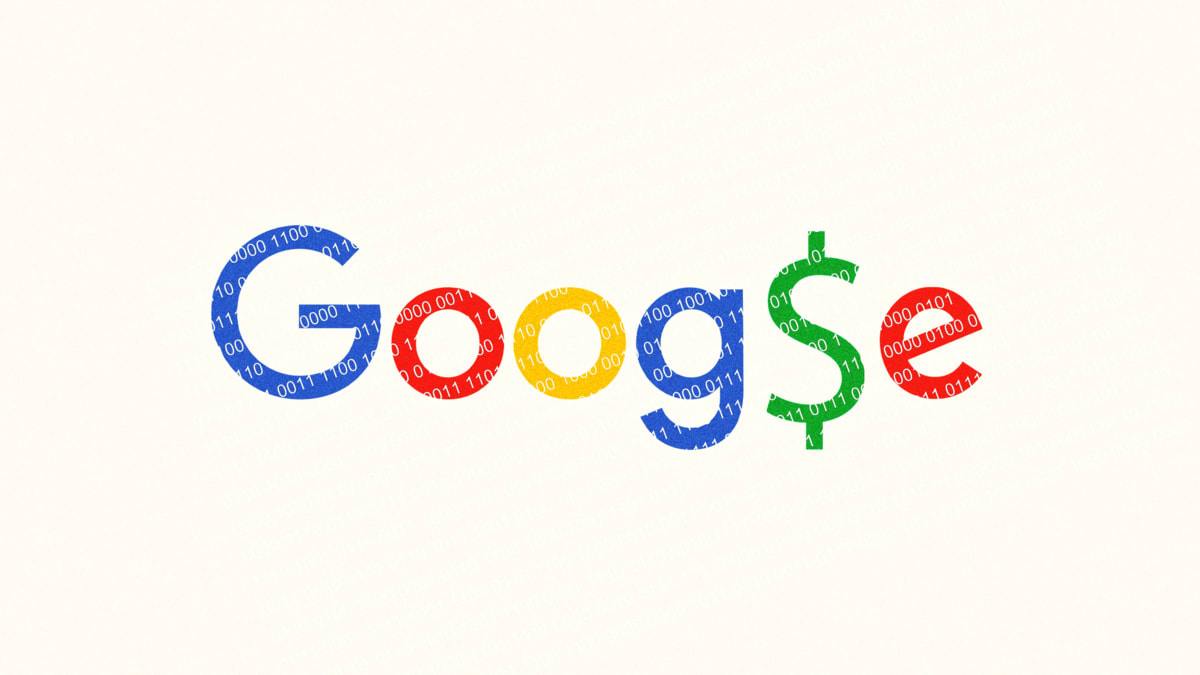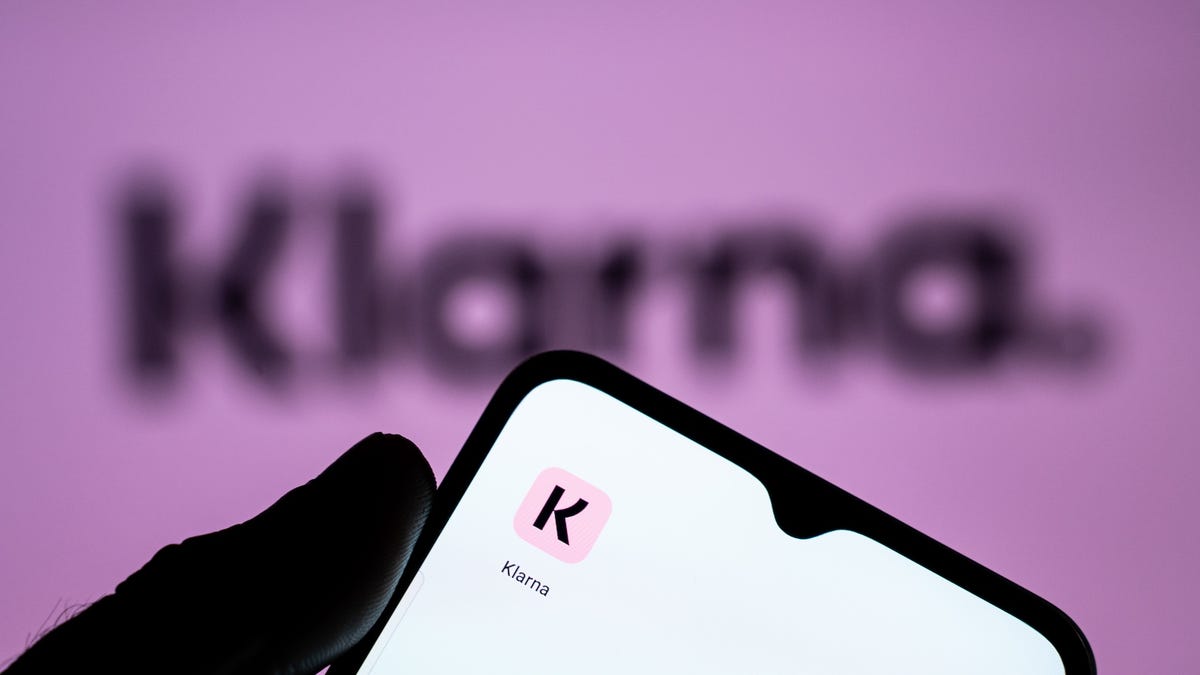Google continues to make waves with its AI initiatives.
According to a report by AdWeek on Tuesday, Google has initiated a program where it compensates news organizations for publishing articles created by a limited beta version of its AI product. This collaboration, currently ongoing with multiple publishers, entails the publication of a specified quantity of AI-generated content over 12 months in exchange for an annual “five-figure sum.”
Meghann Farnsworth, a spokesperson for Google, emphasized that the experimental tool aims to assist small, local publishers in producing high-quality journalism by utilizing factual content from public data sources, such as local government offices or health authorities. Farnsworth clarified that these tools are not meant to supplant journalists but rather to complement their role in reporting, creating, and fact-checking articles.
While this isn’t Google’s initial venture into digitally generated journalism, it represents a significant stride towards actualizing AI-generated news content. However, the program has sparked controversy among critics who question its implications.
Tech columnist Brian Merchant criticized news outlets accepting the deal, especially if they publish AI-generated articles without disclaimers. Similarly, Emily Bender, a linguistics professor at the University of Washington, expressed concerns about Google coercing financially strained publishers to distribute potentially misleading AI-generated content.
Although the partnership offers financial benefits to struggling news outlets that would otherwise need to invest in human reporters, it raises apprehensions about the erosion of journalistic standards and the displacement of human workers by AI chatbots. AI tools have a history of producing substandard and plagiarized content, further intensifying these concerns.
This development coincides with a tumultuous period for Google. Recently, the company faced backlash for historical inaccuracies generated by its image creation tool within Gemini, its advanced generative AI product. The controversy prompted CEO Sundar Pichai to address the issue internally, acknowledging the imperfections of AI and committing to rectify the situation.
Google’s challenges in the realm of generative AI, particularly following the emergence of ChatGPT by OpenAI in 2022, underscore its struggles to compete in this domain. The rush to deploy untested technologies appears to be compromising quality and raising ethical dilemmas within the industry.










